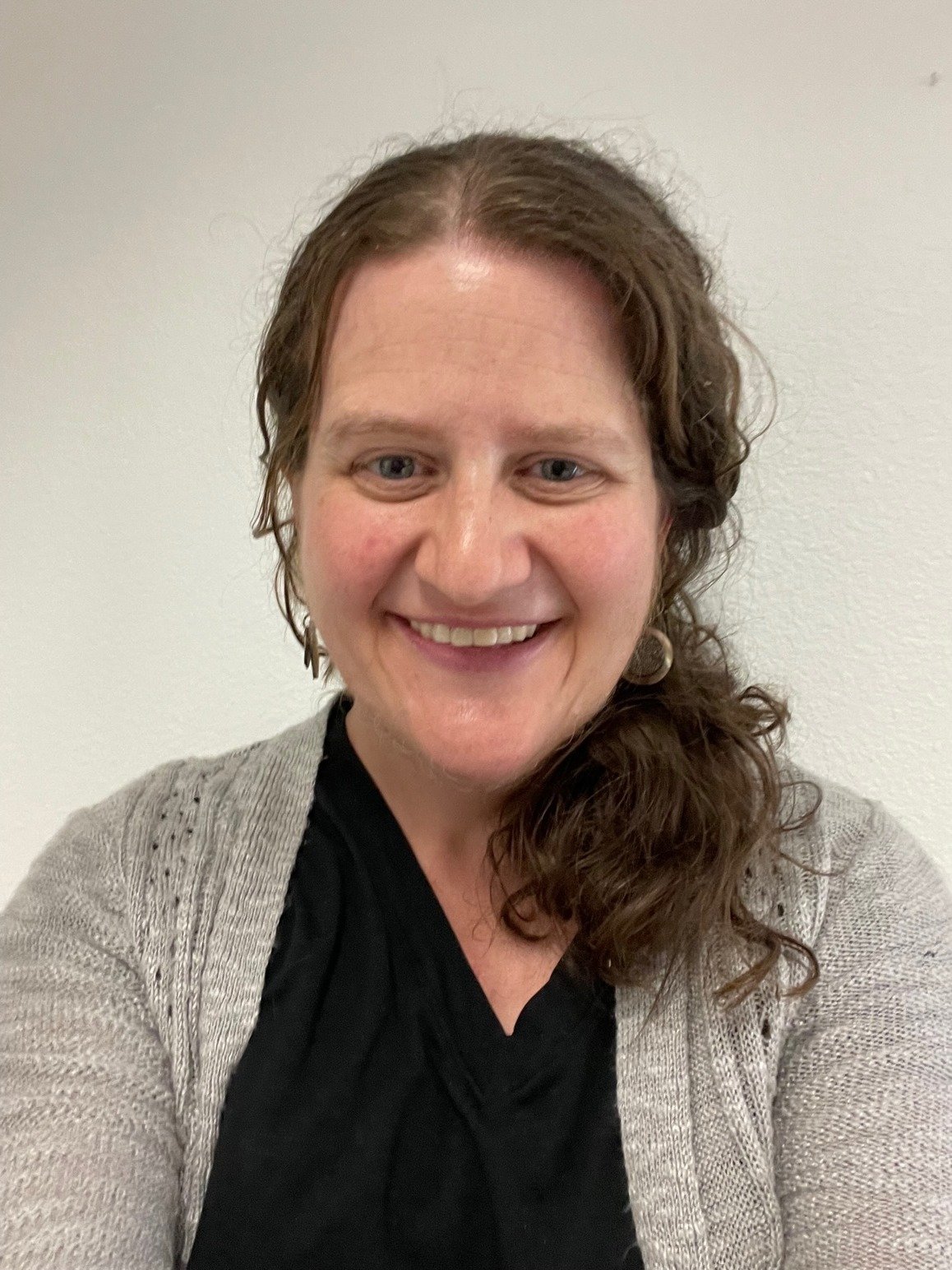
Janelle Peregoy reflects on the results of an online support group for divorced Catholics, which began during the pandemic.
“I’m not really doing Lent this year. I am already living in the desert.”
“I don’t have any enemies but even if I did, I wouldn’t wish divorce upon them.”
“I feel like I am walking around my parish with a Scarlet D and that the judgment of others is constant.”
These are some of the sentiments that I hear regularly from participants of divorce support ministries. I also hear a lot of reflections like the ones below.
“My divorce is the worst experience that I have ever had but it has brought me closer to God.”
“One day, I stopped at Adoration during my lunch break. As I gazed toward the Holy Sacrament, I just knew that Jesus is the only one who fully understands my pain.”
“I rely on God in way that I have never had before.”
I am an unlikely divorce minister, mainly because I am not divorced. Having grown up with divorced parents, however, I am no stranger to the catastrophic shifts that occur within family life during and after divorce. Church teaching reminds us that divorced Catholics in good standing, whom have not remarried or who have remarried following an annulment, may receive the Eucharist and other sacraments. My mom, who has never remarried in the thirty years since her divorce, was denied the Eucharist by a former pastor who cited her divorce as the reason for this drastic action. Devastating stories like this remind us how far our parishes still have to go in fully recognizing the needs of marginalized Catholics.
At some point during the pandemic, I cajoled a talented group of divorce ministry facilitators into offering a Divorced Catholic parish support program over Zoom. Admittedly, we were all a little skeptical about the success of the program. In person, this program requires a gentle ear and the ability to discreetly pass the Kleenex box. It was hard to visualize the program without the occasional consoling hug or pat on the back. How could we build this community of tender and vulnerable hearts online?
We should have known that the Holy Spirit would have our backs! The registrations for the program poured into my inbox, many more people than the numbers who usually attend. Two participants even joined us from outside our Diocese. Several of our participants were single parents with young children who would not have been able to find reliable childcare for an eleven-week commitment at a parish. Offering this program in an online format allowed for greater and more diverse participation.
The first night of the program lays the ground work for the future sessions. The corresponding text for the program, Divorced. Catholic. Now What? by Lisa Duffy and Vince Frese, discusses the importance of establishing routine prayer during that first session. It is a “softball” chapter in the sense that it eases the participants into the program before deeply diving into their experience of divorce. As I looked in into that Brady Bunch screen of little squares, I realized that several of our participants were already dabbing tissues at their eyes that first night.

It goes without saying that no one walks away from any program healed. Like any other grieving process, recovering from divorce and its after effects is a long journey and rarely a straight path. However, we hope that are participants do leave with the basic certainty that God loves each and every one of them and is calling them into a deeper relationship with Him even, and perhaps especially, amid their pain. That simple message of being beloved needs to be affirmed for each of us, regardless of our age, gender, ethnicity, background or marital status.
Click to tweet:
That simple message of being beloved needs to be affirmed for each of us #catholicmom
Pope Francis’ Apostolic Exhortation Amoris Laetitia (The Joy of Love), celebrates its fifth anniversary of its publication this year. In my ministry with divorced families, I often mind myself reading The Joy of Love for inspiration. In it, Pope Francis reminds us that what ultimately matters is our orientation to God:
I thank God that many families, which are far from considering themselves perfect, live in love, fulfill their calling and keep moving forward, even if they fall many times along the way ... there is no stereotype of the ideal family, but rather a challenging mosaic made up of many different realities, with all their joys, hopes, and problems. (Pope Francis)
Copyright 2021 Janelle Peregoy
Image: Ryan Cheng (2018), Unsplash
About the Author

Janelle Peregoy
Janelle Peregoy, M.Div, is an Associate Director in the Office of Family Life & Spirituality at the Diocese of San Diego. So yes, she has found one of the few positions where it is professionally acceptable to contemplate the spirituality of potty training. A Pope Francis bobble-head sits on her desk for inspiration. See more from Janelle on her blog, Faithfully Irreverent.


.png?width=1806&height=731&name=CatholicMom_hcfm_logo1_pos_871c_2728c%20(002).png)
Comments